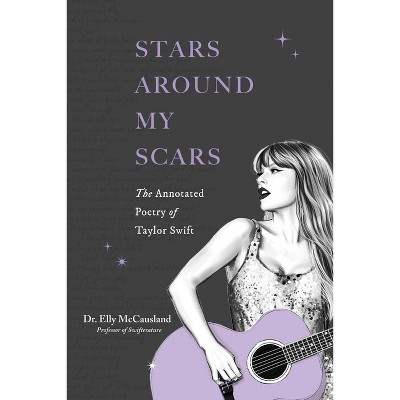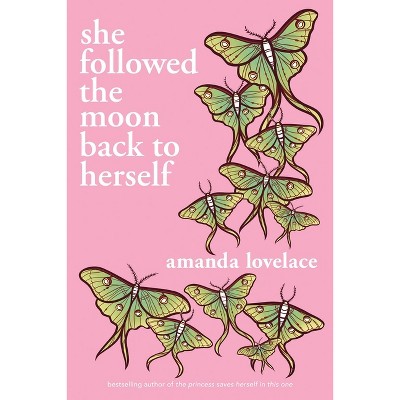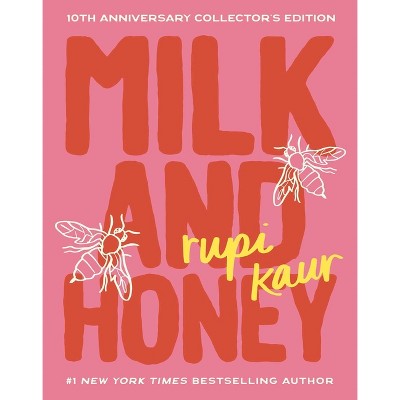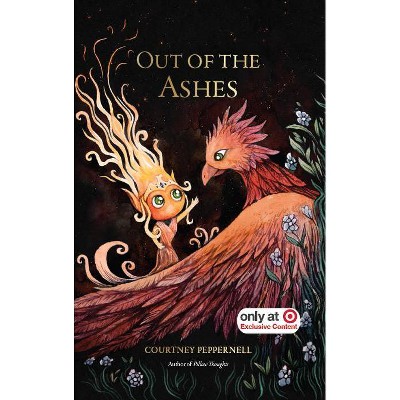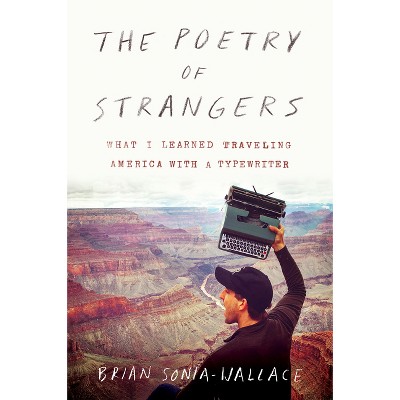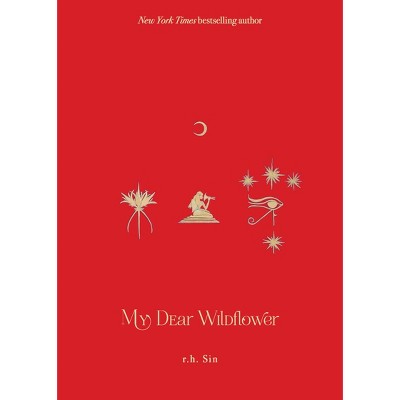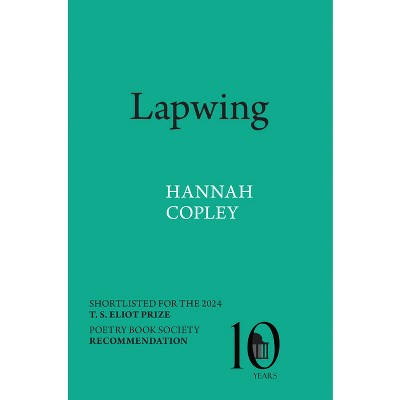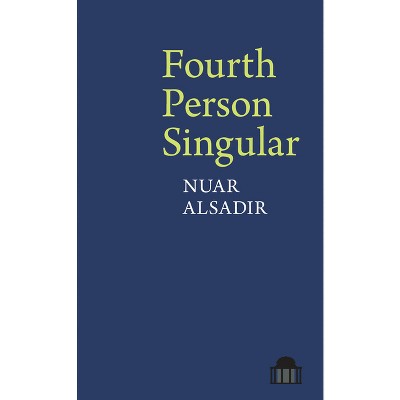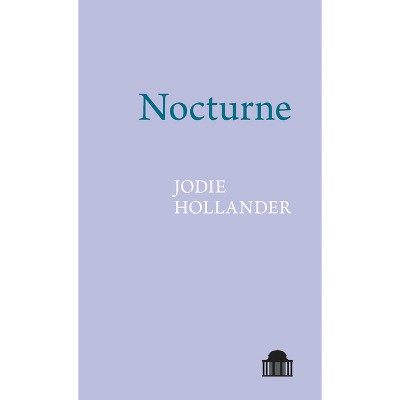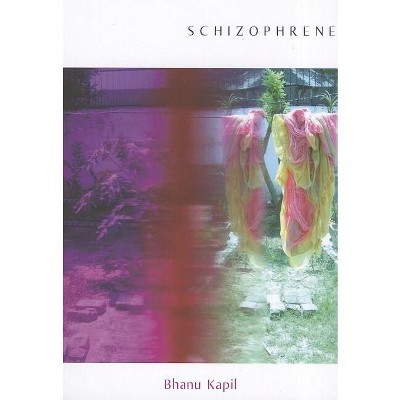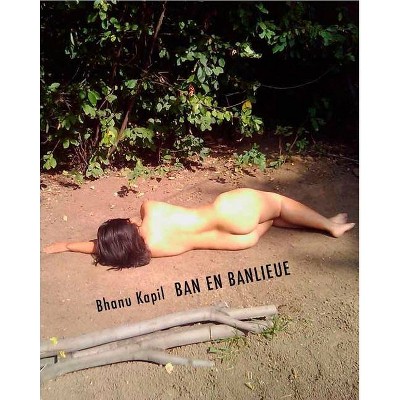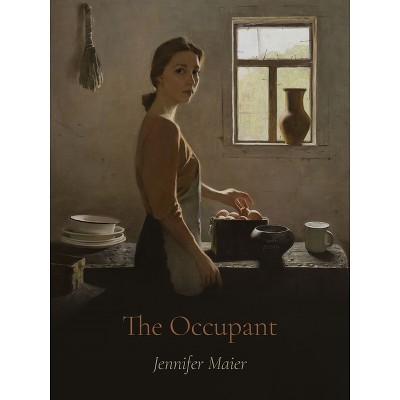Sponsored

How to Wash a Heart - (Pavilion Poetry) by Bhanu Kapil (Paperback)
In Stock
Sponsored
About this item
Highlights
- Winner of the T. S. Eliot Prize 2020.
- About the Author: Bhanu Kapil is the author of five books of poetry/prose: The Vertical Interrogation of Strangers (Kelsey Street Press, 2001), Incubation: a space for monsters (Leon Works, 2006), humanimal [a project for future children] (Kelsey Street Press, 2009), Schizophrene (Nightboat, 2011), and Ban en Banlieue (Nightboat, 2015).
- 58 Pages
- Poetry, Women Authors
- Series Name: Pavilion Poetry
Description
About the Book
"How To Wash A Heart, Kapil's first full-length collection published in the U.K., depicts the complex relations that emerge between an immigrant guest and a citizen host. Drawn from a first performance at the ICA in London in 2019, and using poetry as a mode of interrogation that is both rigorous, compassionate, surreal, comic, painful and tender, by turn, Kapil begins to ask difficult and urgent questions about the limits of inclusion, hospitality and care."--Book Synopsis
Winner of the T. S. Eliot Prize 2020.
Poetry Book Society Choice, Summer 2020.
Bhanu Kapil's extraordinary and original work has been published in the US over the last two decades. During that time Kapil has established herself as one of our most important and ethical writers. Her books often defy categorisation as she fearlessly engages with colonialism and its ongoing and devastating aftermath, creating what she calls in Ban en Banlieue (2015) a 'Literature that is not made from literature'. Always at the centre of her books and performances are the experiences of the body, and, whether she is exploring racism, violence, the experiences of diaspora communities in India, England or America, what emerges is a heart-stopping, life-affirming way of telling the near impossible-to-be-told.
Review Quotes
'Kapil's words slice through strange intimacies; they get underneath the longings and losses of immigrants and unravel the fragments of memory and experience with greater precision than many scientific methods seem to do.'
Suparna Choudhury, Rain Taxi Review
'How to Wash a Heart asks extremely difficult and delicate questions that open a space for dialogue. It is also a beautiful book to hold and read. If only our public debates had Kapil's subtlety, refinement, and distinction. How to Wash a Heart has already won an award in my heart, by merely beating, striving, pumping blood.'
David Morgan O'Connor, RHINO Poetry
'How to Wash a Heart with its urgent salutory lessons about ways in which immigrants are unhoused and unmade punches above its weight of 44 pages.'
Gail Low, Dundee University Review of the Arts
'How To Wash a Heart brilliantly dissects power, both ethnic and economic... It is a wise, thought-provoking collection which burrows under the skin.'
Katrina Naomi
'Bhanu Kapil is a major writer, producing works that make you think and feel differently about the world, that end up wiring your brain differently. She explores racism, violence and the psychological effects of diaspora and uncertainty on the body of the immigrant in a poetry that is at once innovative and relatively comprehensible.'
Steven Waling, Magma Poetry
'Bhanu's book is kind of like walking into a kaleidoscope of heritage... It's not like other books this year, subtle, nuanced and in the astro-plane only really wild poets get into. If the book was in a pub it would be the lady with the trolley full of black bags, you always wondered what was in them and now you can find out. Go on, go have a peek, let the words wash over you, let them roll through you and when you come out you will have the stench of something new and precious.'
Arji Manuelpillai, Out-Spoken
'It is noteworthy, then, that How to Wash A Heart began its life in the UK, published by Liverpool University Press's Pavilion Poetry. This represents a pivot in Kapil's practice: after decades of living and working in the United States, she has also returned to the UK, a move that has coincided with her receiving greater recognition in her home country. [...] How to Wash A Heart speaks deliberately to the specifics of Britain: its racism, and its reception of immigrants. [...]
What I love about Kapil is her concision, arrived at through processes of sifting which refuse to be rushed, which challenge us all to fully answer the question: What do you inherit, and what do you reproduce? The power of Kapil's writing lies in her ability to evoke violence with a gentle touch. [...]Her books are spaces to rest, to lay down your armfuls of things. Now that she finds herself back here, on the near ground of Britain, it will be a joy and a wonder to see what she makes of it and our barrage of inheritances.'
Stephanie Sy-Quia, The White Review
'Kapil's memorable protest depends upon her ability to overturn poetic expectation. She is never conventional... [in How To Wash A Heart] an assertive beauty surfaces from turmoil.'
Kate Kellaway, The Observer
'The book's final pages, both the end of the sequence itself and the paratextual material, are devastating. How To Wash A Heart confronts "the link / Between creativity / And survival" - arguing that creativity is necessary for survival, but sadly not sufficient - more skilfully and innovatively than anything else I have read this year.'
Dominic Leonard, The TLS
'The poetic energy here doesn't lie in the vocabulary but in the controlled fear that stalks those line breaks, interrupting each sentence as if the guest is choosing her words carefully, aware that someone may be listening behind the open door. [...] How to Wash a Heart tells a story about the 'inclusive, complex, molecular' chemistry of temporary host-guest bonds. But it produces that reality effect by hosting a series of unwelcome images that Kapil the artist can't expel. [...] Kapil is both dissident and artist, of course: an agitator who won't allow self-congratulation in through the back door, and the female artist using her body as a lightning conductor to pick up the violence latent in a place, or in her audience.'
Peter Howarth, London Review of Books
'This book speaks of the wider experience of the refugee or immigrant. Notions of home and love change over time and become distorted so that the narrator becomes alienated both from their current situation and their own past. The poems capture perfectly the loneliness of being a guest in someone else's home and in a country that is not your own. The conflicting emotions of such a situation - gratitude, indebtedness, confusion, discomfort, anxiety, fear, anger. [...] This is a beautiful, furious heart-rending book - utterly compelling.' Julia Webb, Under the Radar
About the Author
Bhanu Kapil is the author of five books of poetry/prose: The Vertical Interrogation of Strangers (Kelsey Street Press, 2001), Incubation: a space for monsters (Leon Works, 2006), humanimal [a project for future children] (Kelsey Street Press, 2009), Schizophrene (Nightboat, 2011), and Ban en Banlieue (Nightboat, 2015).Shipping details
Return details
Frequently bought together

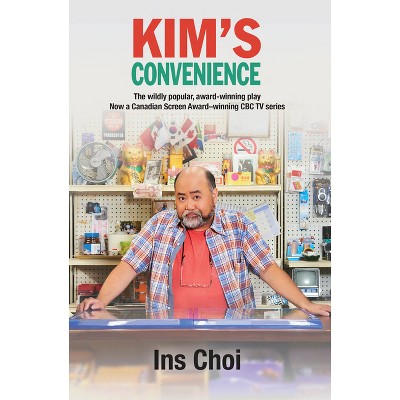
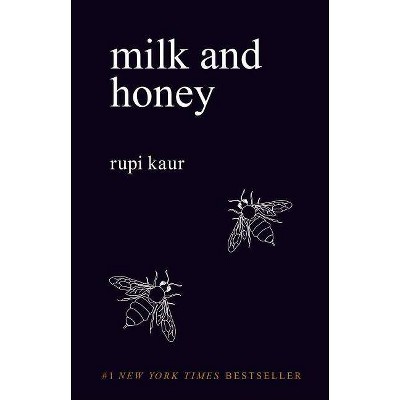
Trending Poetry
